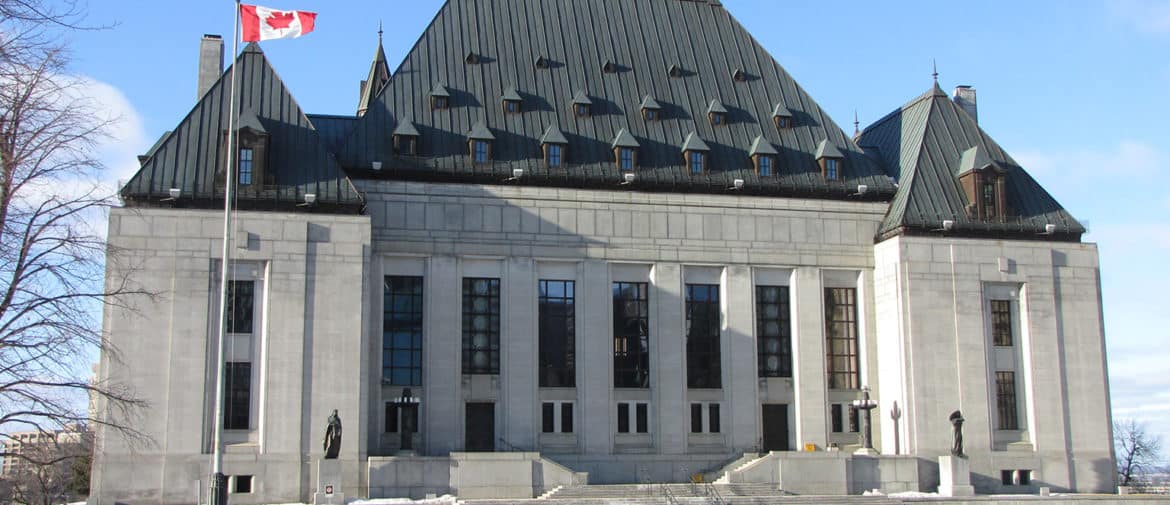Last updated on June 29th, 2022 at 12:11 pm
The Supreme Court of Canada has ruled that Alberta’s Personal Information Protection Act (PIPA) is unconstitutional and declared PIPA to be invalid in its entirety. The Court found that restrictions on the ability of unions to photograph and videotape workers crossing a picket line infringed the right to freedom of expression guaranteed in the Canadian Charter of Rights and Freedoms.
The Court’s ruling was made in the case of Alberta (Information and Privacy Commissioner) v. United Food and Commercial Workers, Local 401, commonly referred to as the ‘Palace Casino’ case. The Palace Casino case considered complaints by individuals claiming that they were videotaped by the union as they crossed the picket line. The union did not obtain the consent of these individuals for the use and disclosure of their personal information, as is required by PIPA. An adjudicator for the Information and Privacy Commissioner of Alberta ruled that the union had indeed contravened PIPA and ordered the union to stop all such collection of personal information, and to destroy any such information the union had in its possession.
The Court found PIPA to be overly broad and in violation of the Charter since PIPA did not have any measures to adequately balance the union’s right to freedom of expression against the privacy interests espoused in PIPA. Furthermore, the Court considered the union’s right to picket a crucial form of expression necessary for the union to communicate with the public, and strengthen its bargaining power. As such, the Court ruled that the infringement of the union’s freedom of expression was not justified under s. 1 of the Charter.
This ruling will have significant ramifications on existing provincial privacy laws in Canada, including the British Columbia Personal Information Protection Act.

